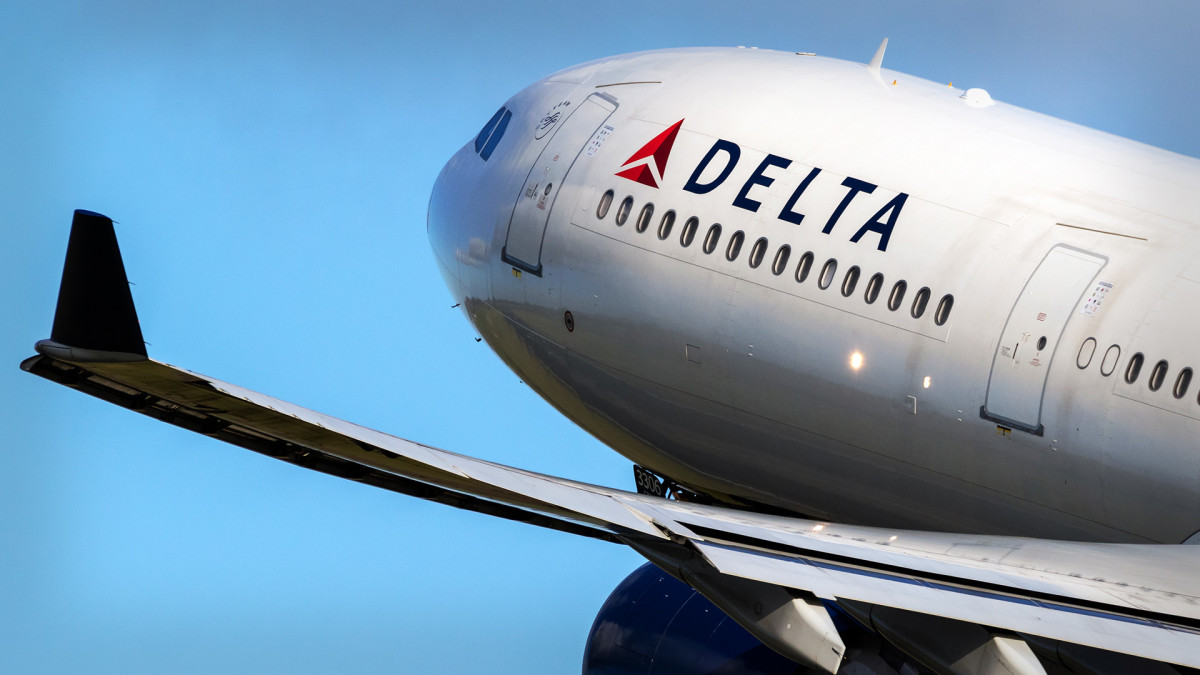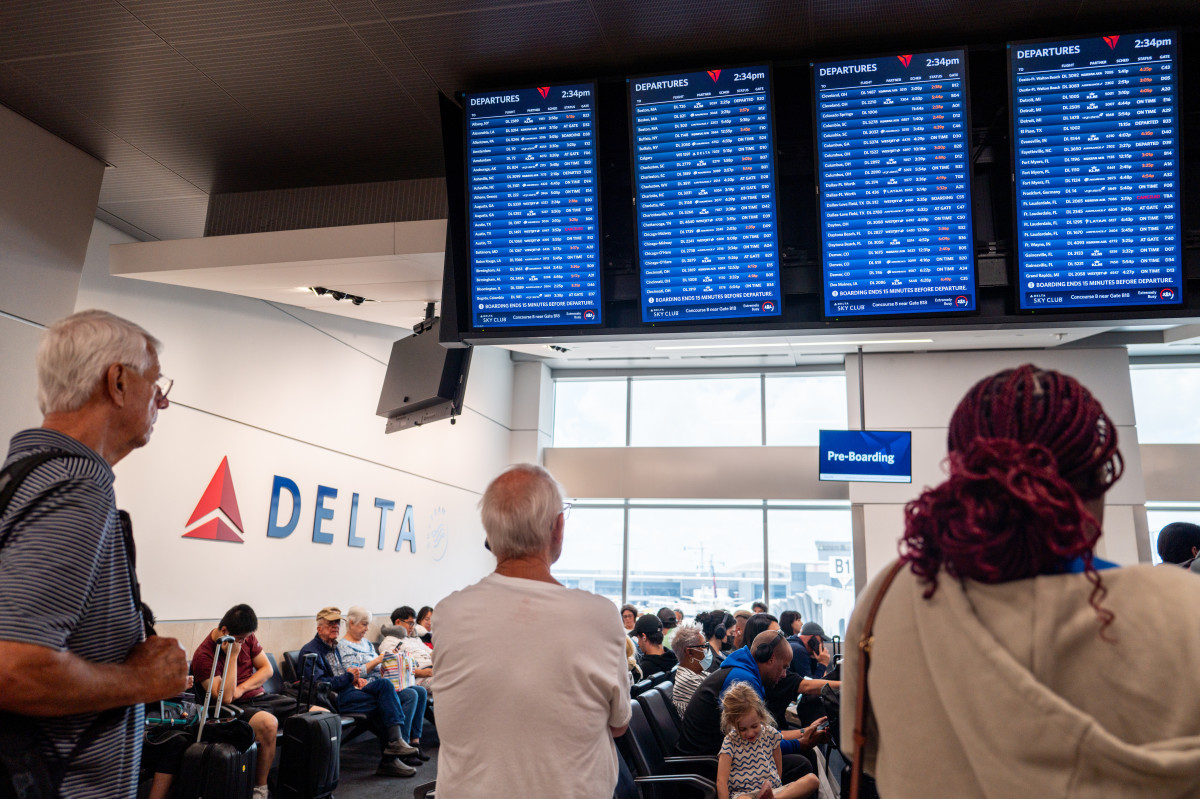
After Delta (DAL) was forced to cancel over 5,500 flights two weeks ago due its system being impacted by a failed routine software update from cybersecurity firm CrowdStrike (CRWD) , Delta CEO Ed Bastian claimed that the airline was set to face a $500 million loss as a result.
During an interview last week with CNBC, Bastian even pinned the blame on CrowdStrike, claiming that the cybersecurity firm shouldn’t have major flaws in its system if a “mission critical” operation is depending on it.
Related: Delta CEO reveals major consequence of recent flight cancellations
“If you're going to be having priority access to the Delta ecosystem, in terms of technology, you've got to test the stuff,” said Bastian in the interview with CNBC. “You can't come into a mission critical 24/7 operation and tell us we have a bug. It doesn't work.”
Bastian also revealed that the airline will be suing CrowdStrike for the cost of damage and reputational harm after it lost revenue and was forced to pay “tens of millions of dollars per day in compensation and hotels” as a result of the outage.
Now, CrowdStrike is firing back against Bastian’s claims and threats of a lawsuit in a new letter to Delta lawyer David Boies.
“CrowdStrike is highly disappointed by Delta's suggestion that CrowdStrike acted inappropriately, and strongly rejects any allegation that it was grossly negligent or committed willful misconduct,” said CrowdStrike lawyer Michael Carlinsky in the letter.

CrowdStrike also claims that it did not fail to conduct “testing and validation” on its system, and that Delta even denied assistance on restoring its operations after the botched update shut it down.
“Within hours of the incident, CrowdStrike reached out to Delta to offer assistance and ensure Delta was aware of an available remediation,” said Carlinsky. “Additionally, CrowdStrike’s CEO personally reached out to Delta’s CEO to offer onsite assistance, but received no response. CrowdStrike followed up with Delta on the offer for onsite support, and was told that the on site resources were not needed.”
CrowdStrike also warns Delta that if it chooses to go forward with a lawsuit, it would have to explain why other airlines, who were also impacted by the update error, were able to restore operations at a faster pace, and why it denied free help from CrowdStrike to get its system back up and running.
“Delta's public threat of litigation distracts from this work and has contributed to a misleading narrative that CrowdStrike is responsible for Delta's IT decisions and response to the outage,” said Carlinsky.
New: CrowdStrike accuses Delta of creating a “misleading narrative that CrowdStrike is responsible for Delta’s IT decisions and response to the outage.” Letter from CrowdStrike’s outside counsel: pic.twitter.com/OMD3iY6U9M
— David Slotnick (@David_Slotnick) August 5, 2024
After the July 19 outage, most airlines that were impacted were able to restore operations within the next day. Out of all of its competitors, Delta canceled the most flights due the outage and took several days to restore normal operations.
In a statement on its website on July 21, Delta claimed that the outage impacted “a significant number of applications” that depend on CrowdStrike’s system, leading it “unable to effectively process the unprecedented number of changes triggered by the system shutdown.”
More Travel:
- Disney World shuts down classic ride amidst controversy
- Boeing to get off easy for 737 Max crashes, victims’ families say
- Margaritaville and Virgin offer a new take on cruises
After Delta canceled thousands of flights due to the outage, the U.S. Department of Transportation received a “high volume of consumer complaints,” prompting it to launch an investigation on July 23, which aims to look into how Delta handled the incident.
“All airline passengers have the right to be treated fairly, and I will make sure that right is upheld,” wrote U.S. Secretary of Transportation Pete Buttigieg in a tweet announcing the investigation.
Related: Veteran fund manager picks favorite stocks for 2024







